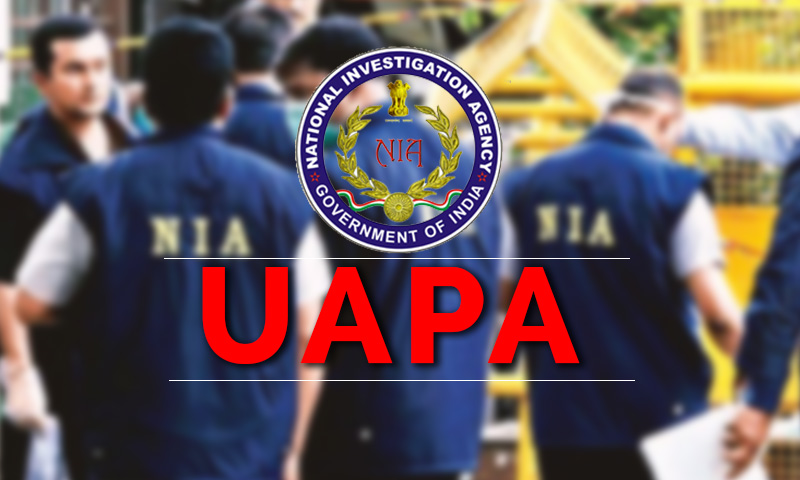


The Supreme Court of India has granted bail to Jalaluddin Khan, a 61-year-old former police officer who had been booked under the Unlawful Activities (Prevention) Act (UAPA) for alleged involvement with the Popular Front of India (PFI). This ruling has set an unwavering precedent when it comes to balancing individual rights and fundamental ruling.
Background of the Case
Jalaluddin Khan had been charged with a conspiracy that involved causing disturbance to the Bihar visit of PM Narendra Modi back in 2022. The police asserted that the two had tried to destabilize the constitution and establish an Islamic state.
The case due to such grave accusations had been transferred to the NIA and the accused were booked under UAPA. The co-accused had been granted bail by the Patna High Court which denied bail to Khan prompting him to move to Supreme Court.
The Supreme Court’s Ruling
A Bench comprising Justices Abhay S Oka and Augustine George Masih reviewed the case and asserted:
"Bail is the rule, jail the exception is to be applied even in special statutes. When the case is made out for grant of bail, courts should not have any hesitation in granting bail. The allegations of the prosecution may be very serious, but the duty of the court is to consider the case in accordance with law. If courts start denying bail even in deserving cases, then it is a violation of fundamental rights under Article 21. So we have granted bail."
Implications of the Judgment
The Court’s emphasis on the "bail is the rule, jail is the exception" has sent a message that the fundamental rights of individuals should not be compromised even in cases of threat to National Security.
Conclusion
This ruling has set an important precedent for future judgements guiding them to a just trial towards the accused and ensuring their fundamental rights are taken care of.
TAGS: Supreme Court UAPA NIA Fundamental rights